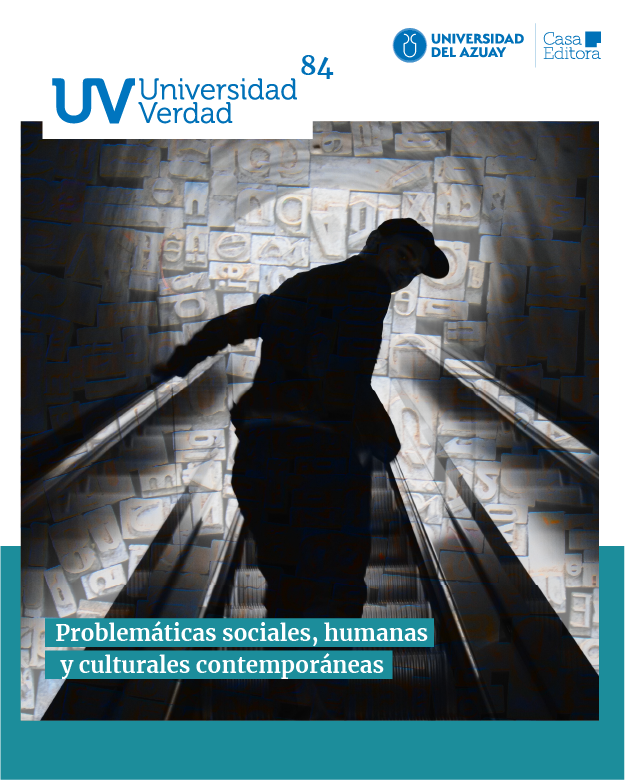ACTIVIDADES VIRTUALES Y ANALÓGICAS PARA EL DESARROLLO DE HABILIDADES COGNITIVAS DE NIÑOS CON “NEE”: RESULTADOS
DOI:
https://doi.org/10.33324/uv.vi84.785Palabras clave:
Habilidades cognitivas, niños, proyecto factible, Educación especial, inclusión educativaResumen
Este trabajo tuvo como objetivo potenciar el desarrollo de habilidades intelectuales generales y habilidades de procesamiento cognitivo en niños con NEE y de 9 años de edad, que asisten a una institución educativa localizada en la ciudad costera de Machala (Ecuador). Los datos se obtuvieron con la técnica de la observación que usó como instrumento una Escala de Estimación Cognitiva tipo Likert, diseñada para evaluar el nivel de progreso en cinco habilidades cognitivas: “concentración”, “atención”, “memoria”, “resolución de problemas” y “flexibilidad”. Constituyen la muestra objeto 7 estudiantes, de ambos sexos, de un total de 20. El método utilizado es el Proyecto Factible, que se desarrolló en tres etapas: Diagnóstica, Propuesta y Verificación de la efectividad de la propuesta. Sus resultados se manifiestan en tablas estadísticas, las cuales refieren que existen 2 niños (28,6%) que han desarrollado habilidades de flexibilización y valores similares para atención y concentración, en el rango de algunas veces, muchas veces y siempre. También que, en general, los avances fueron escasamente significativos.
Palabras clave: Habilidades cognitivas, niños, proyecto factible, Educación especial, inclusión educativa.
Abstract
This study aimed to enhance the development of general intellectual and cognitive processing skills in children with SEN and nine years old attending an educational institution in the coastal city of Machala (Ecuador). Data were obtained through the observation technique using a Likert-type Cognitive Estimation Scale as an instrument. The scale evaluated the level of progress in five cognitive skills: “concentration”, “attention”, “memory”, “problem solving” and “flexibility”. Seven students of both sexes, nine years old and with SEN, constitute the subjects studied. The method used was the Feasible Project, developed in three stages: Diagnosis, Proposal and Verification of the proposal’s effectiveness . Its results are shown in statistical tables, which show that two children (28.6%) have developed flexibilization skills and similar values for attention and concentration in the range of sometimes, many times, and always. Also, in the other cases, progress was not significant.
Keywords: Cognitive abilities, children, feasible project, special education, educational inclusion.





